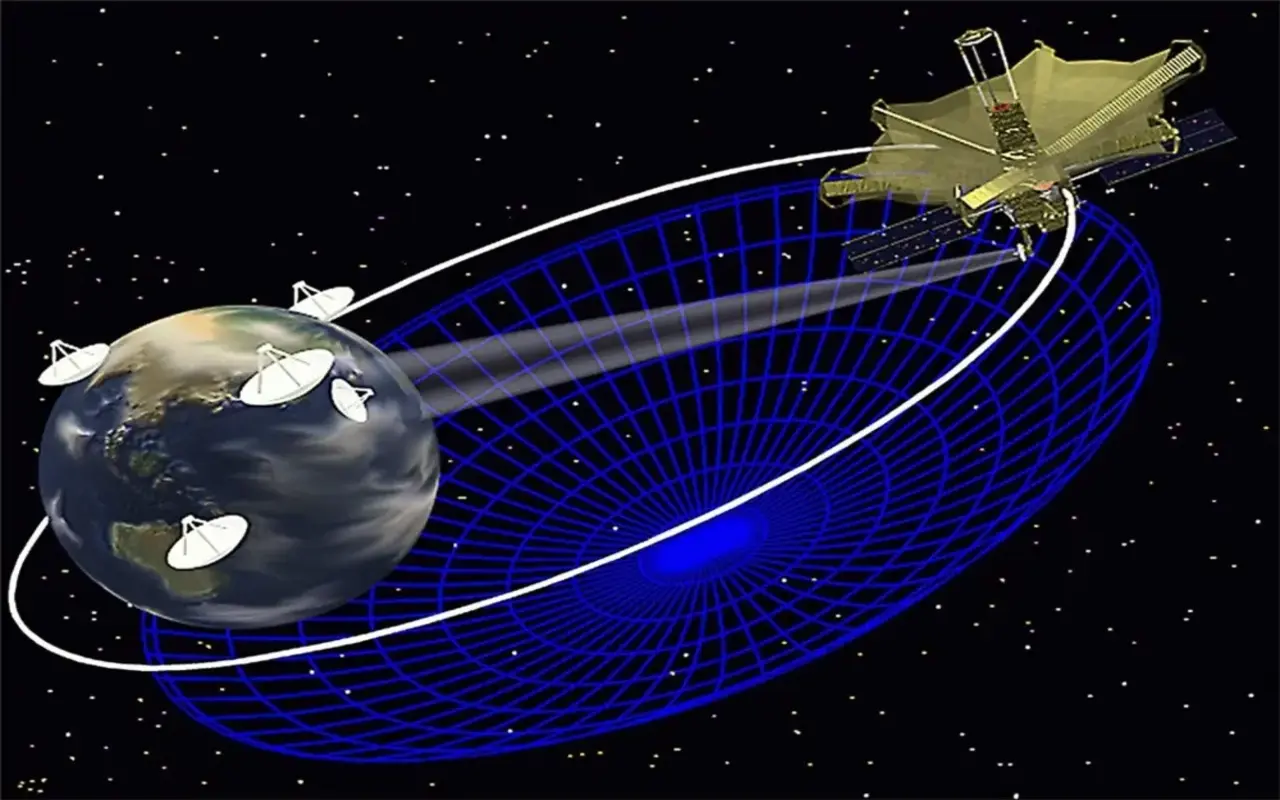The increase in Earth’s rotation speed made July 9, 2025, one of the shortest days on record. According to data published by the International Earth Rotation and Reference Systems Service (IERS), the planet rotated 1.3 milliseconds faster than normal on July 9. While this difference is too small to be noticed in daily life, it could have significant implications for precise time measurement systems and satellite technologies.
The Earth is now rotating faster
Scientists indicate that various geophysical factors underlie this acceleration trend, which has become particularly pronounced since 2020. One of the most striking is the change in the Moon’s position relative to the Earth.

The Moon is currently at its maximum distance from the Earth’s equator. This reduces the slowing effect of the Moon’s tidal forces on the planet and causes the Earth to rotate faster.
These effects of the Moon are related to the “nodal cycle,” a process that occurs in 18.6-year cycles. During this cycle, the Moon’s angular deviations relative to the equator—that is, its northerly and southerly oscillations—can affect not only tides but, according to some studies, also global climate patterns.
For example, during the 2006 Great Stationary Period, these Moon movements were observed to have altered temperature distributions over the Pacific Ocean. The current recurrence of a similar stationary phase between 2024 and 2026 coincides with an increase in Earth’s rotation rate.
According to IERS data, this situation is not temporary. July 22nd is expected to be 1.38 milliseconds shorter, and August 5th is expected to be 1.5 milliseconds shorter. While these millisecond differences may not be noticeable in individual life, they can lead to critical deviations in technologies that require atomic time accuracy, such as GPS, satellite positioning, and high-frequency trading systems.
All these developments also contradict the planet’s long-term trends. Starting in 1972, as the Earth’s rotation slowed, “leap seconds” were occasionally added to clocks. However, no such additions have been made since 2016. Now, experts say that for the first time in history, seconds may need to be removed from clocks, and that the implementation of “negative leap seconds” may be on the agenda around 2029.













